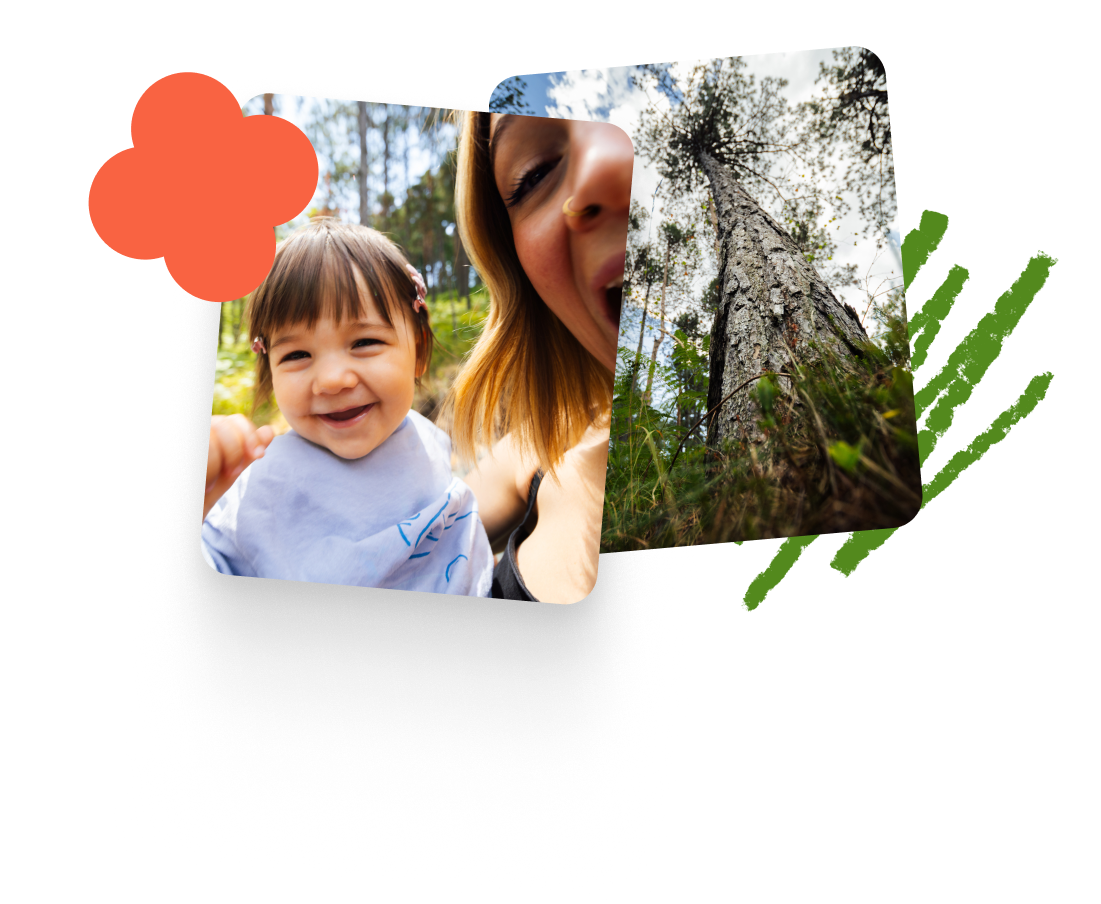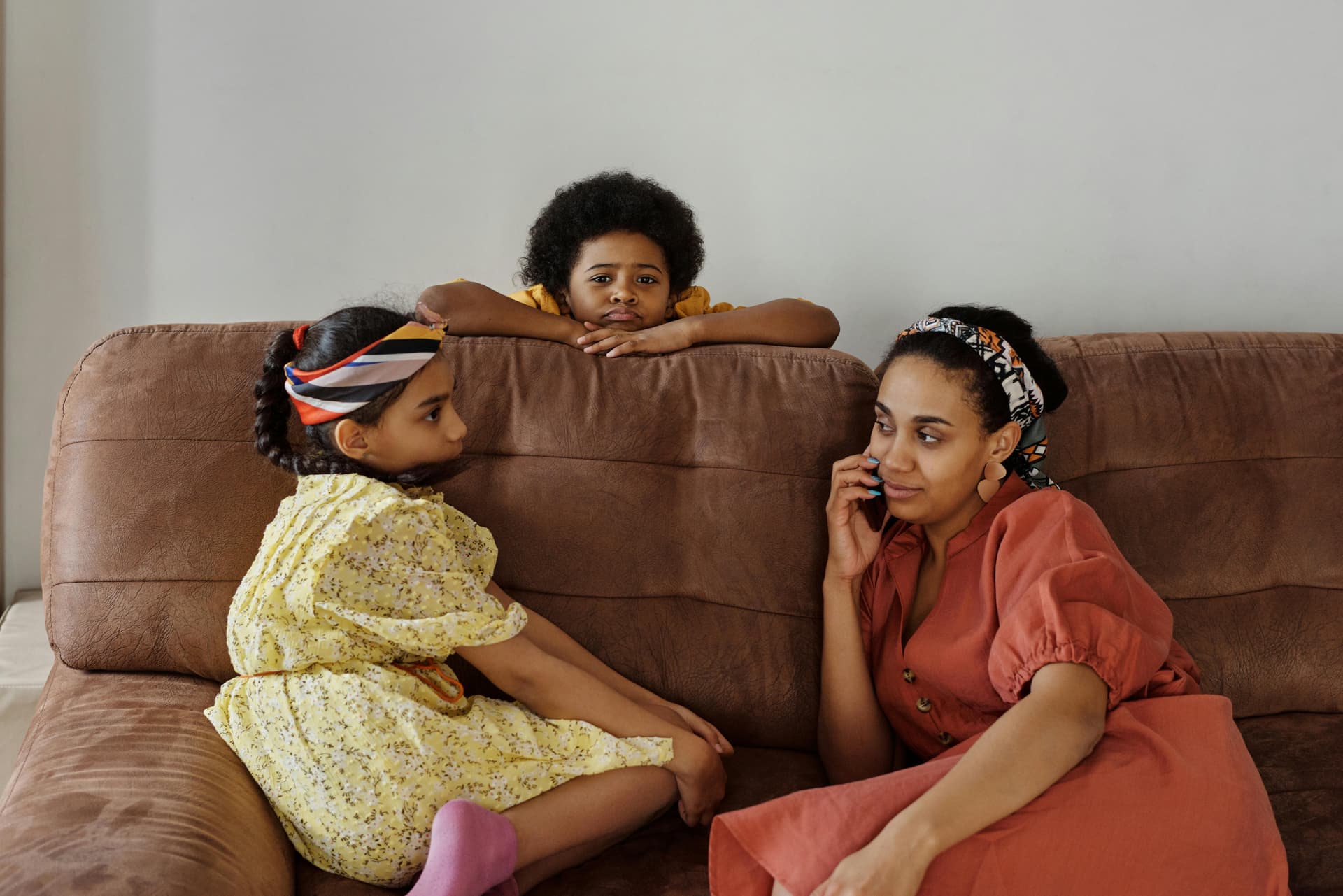
is now part of
Joy Parenting Club!
Families and care organisations using Heba will now have the option to also join Joy. For any questions, reach out to us at hello@heba.care

Families and care organisations using Heba will now have the option to also join Joy. For any questions, reach out to us at hello@heba.care

October 4, 2023
Toilet training is a significant developmental milestone for all children, including those with additional needs. It involves a combination of physical maturity and social awareness. In this guide, we'll explore the basics of toilet training, when to start, essential tips, and where to seek further support for parents of children with additional needs.
Understanding Toilet Training
Toilet training is a process that helps children:
Recognize: Children learn to identify when they need to go to the toilet.
Control: They gain control over their bladder and bowel functions.
Communicate: Children learn to express when they need to use the toilet.
Complete: They become capable of performing the entire toileting process independently.
When to Begin Toilet Training
Toilet training usually starts between 18 months and 3 years. Signs that your child may be ready include:
Toilet Training Tips
Toilet training a child with additional needs requires flexibility and patience.
Remember that there's no one-size-fits-all approach. Here are some tips to guide you:
Seek professional guidance if needed.
Further Support and Resources
If you require additional assistance, reach out to healthcare professionals like health visitors, nurses, or social workers. They can refer you to specialists such as continence advisors, paediatricians, or clinical psychologists.
For more detailed information and practical advice, these organizations offer valuable resources: